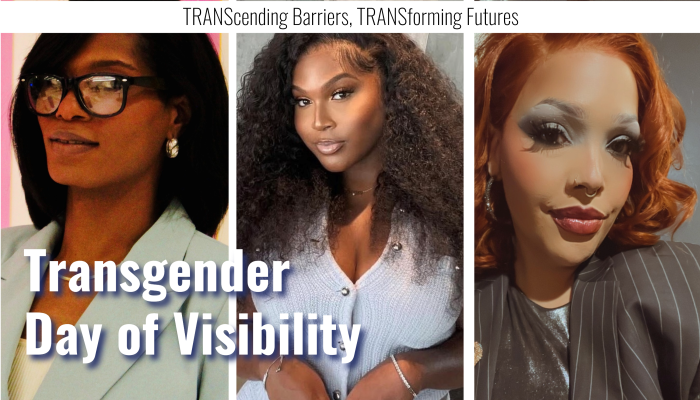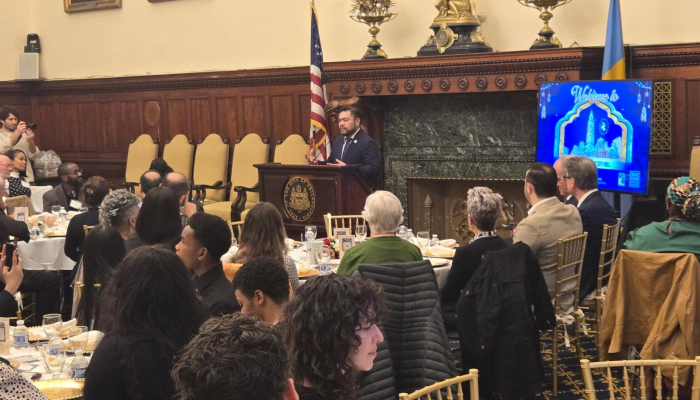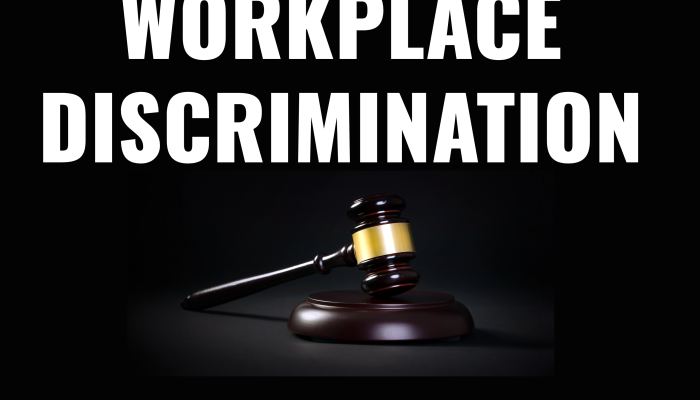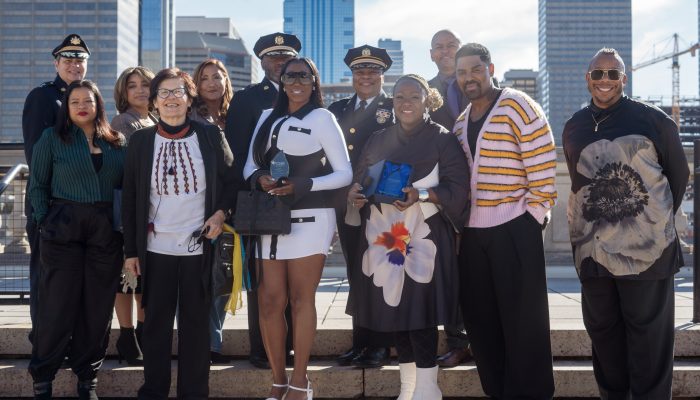Each year on March 31, the world observes Transgender Day of Visibility. The day raises awareness about transgender and gender non-conforming people, and while it’s a celebration, it also reminds us that work remains to protect transgender rights globally.
The Office of LGBTQ+ Affairs and the Philadelphia Commission on Human Relations (PCHR) will partner for a flag-raising at City Hall this year. This year’s theme is TRANScending Barriers, TRANSforming Futures.
But, for Aubrey Davis, it’s another Monday. As a transgender woman, Aubrey lives each day as what she is – a black woman.
For trans women like Aubrey, Miayanna Brooks, and Ahmea Pachco-Branch , the message is clear: recognize them as people, beyond their gender identity. Being transgender is not a trend, and it’s not new. Trans people have existed throughout history and will continue to be an important part of our society.
“At the end of the day, we’re all human,” said Aubrey. “I’m just trying to live my life.” She added she’s like any other human – there are days when she doesn’t feel comfortable and she doesn’t feel loved enough, but that’s not about her gender, that’s simply life. “You have to love your life and not second guess yourself.”
But being visible isn’t always possible these days. “Community isn’t community anymore,” said Miayanna. The spaces they once held close “are being overrun by cis-hetero folk.”
It was Ahmea that quickly added, “It’s a zoo! You can be harmed in the Gayborhood for being gay.” Some bars that were once safe spaces for trans individuals are now catering to young, cisgender heterosexual college students, diminishing the sense of community. The only 2 black gay bars are now closed.
We “had to fight for space in bars and in clubs,” Miayanna retorted, and now, where is the safe space? “Make the Gayborhood gay again. We have to be a community again.”
Visibility – especially positive images of trans people in the media and society – is crucial for the trans community. However, being visible may not be enough, as being trans can come with real risks to the safety of an individual.
It’s estimated that 1% of people aged 13 and older in the U.S. – about 2.3 million individuals – identify as transgender, according to available data. However, following a federal executive order, the bureau ceased efforts to produce detailed statistics on gender identity that could help protect the rights of transgender people.
The bureau, which is the federal government’s largest statistical agency, has taken steps to remove gender identity questions from at least four separate surveys it conducts.
Hate crime incidents increased by more than 200 cases in 2023. According to an FBI report, there were 2,402 recorded incidents relating to an alleged victim’s sexual orientation. From 2017 to 2023, more than six-in-10 gun homicides of transgender and gender nonconforming people were Black trans women.
Aubrey said, “because they can’t figure us out.” Miayanna added, “people love to demonize the unknown … put us in a box, but we walk so many intersectionalities.”
Philadelphia’s protections for transgender people include legal ordinances, executive orders, and policies that prohibit discrimination based on gender identity, ensure access to gender-affirming care, and mandate gender-neutral bathrooms in city-owned buildings and single-occupancy bathrooms in retail establishments.
Here’s a more detailed breakdown of Philadelphia’s protections:
Legal Protections & Ordinances:
- Fair Practices Ordinance (FPO):
The city’s local anti-discrimination law prohibits discrimination in employment, housing, and places of public accommodation based on gender identity, sex, or sexual orientation.
- Hate Crime Ordinance:
Philadelphia recognizes attacks based on gender identity or sexual orientation as hate crimes, with specific guidelines on sentencing and fines.
- Gender Identity Ordinances:
In November 2019, the city passed ordinances that prohibit youth-serving organizations from discriminating against trans, nonbinary, and gender-nonconforming youth, require city-owned buildings to have at least one gender-neutral bathroom, and clarify that the FPO protects nonbinary and gender-fluid people against discrimination.
- Gender-Affirming Care Executive Order:
In October 2023, Mayor Jim Kenney signed Executive Order No. 4-23 to protect individuals seeking, receiving, and providing gender-affirming health care, forbidding local government from providing information or assistance to investigations that seek to penalize anyone who seeks such care.
- City Expands Protections for Transgender and Gender Nonconforming Youth:
Effective July 11, 2022, PCHR began the enforcement of regulations that expand legal protections for transgender and gender nonconforming youth, including access to restrooms, locker rooms, and dressing rooms that correspond to a transgender or gender nonconforming youth’s identity.
Aubrey said it best when she said, “We’re people first.” As we honor visibility, it’s vital to remember that true visibility isn’t just about being seen — it’s about being respected, loved, and valued as a person first.
If you have been a victim of discrimination based on your gender identity, or to learn more about legal protections for transgender people, contact PCHR at phila.gov/PCHR.




